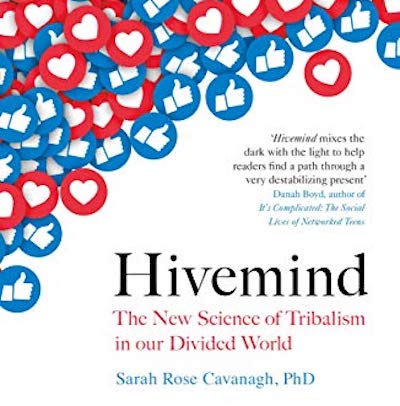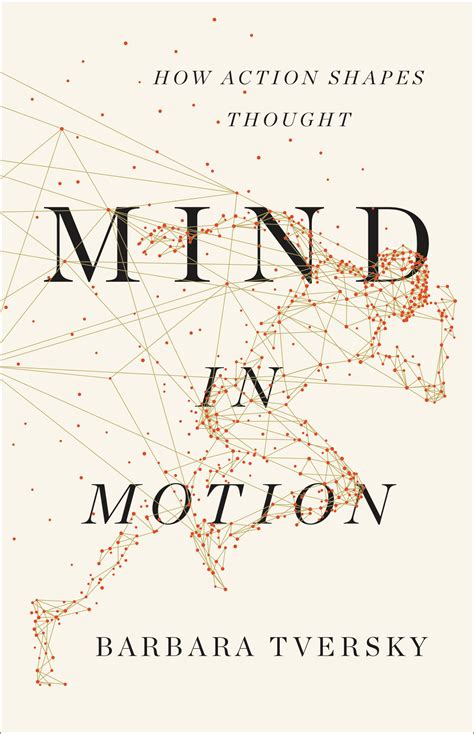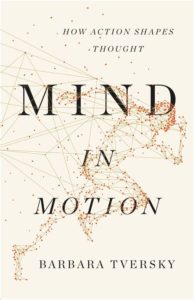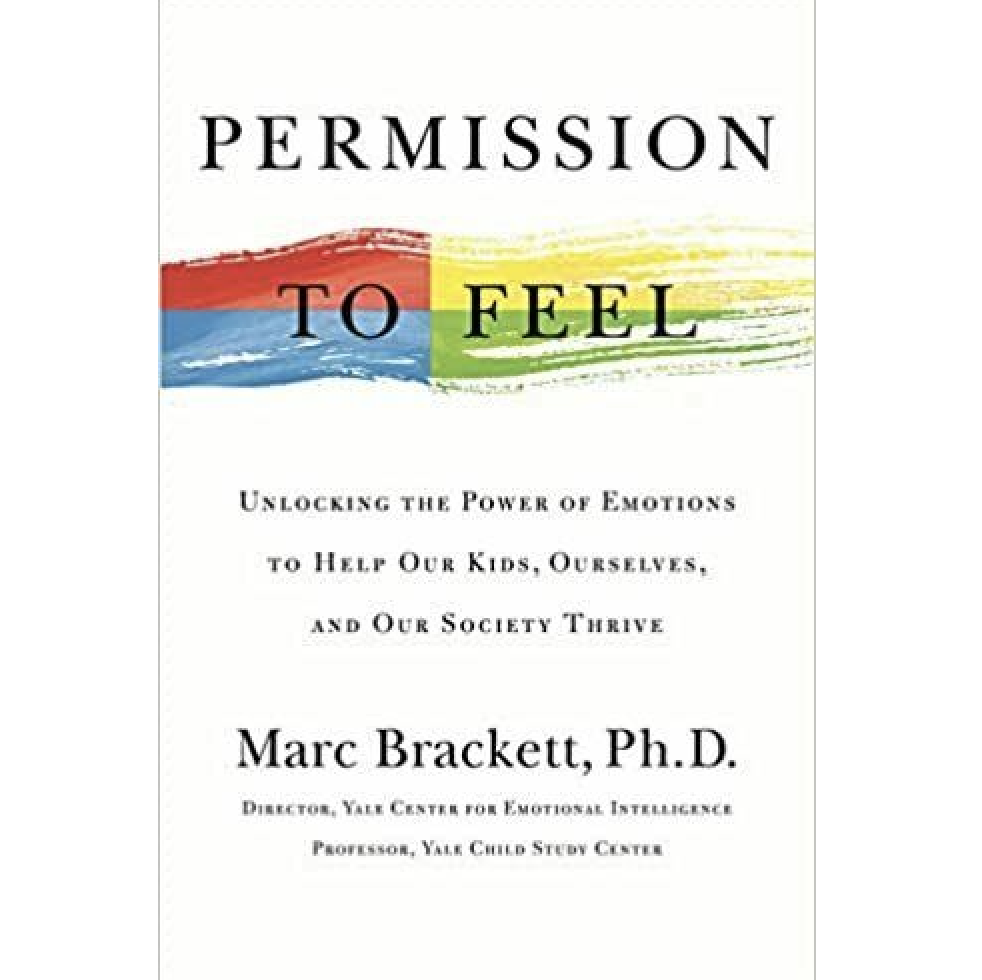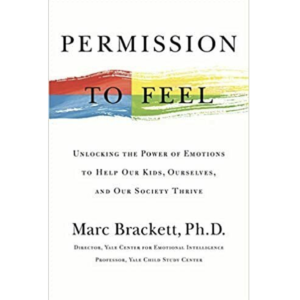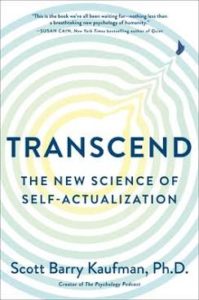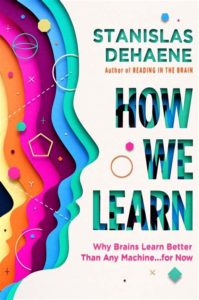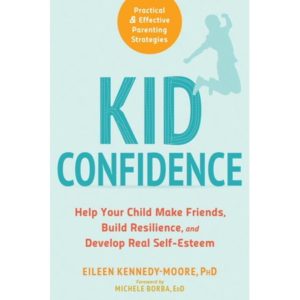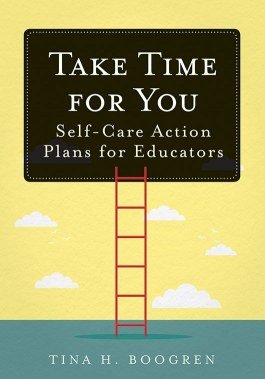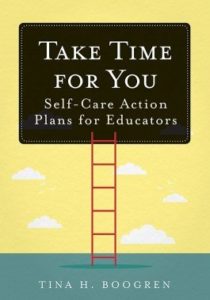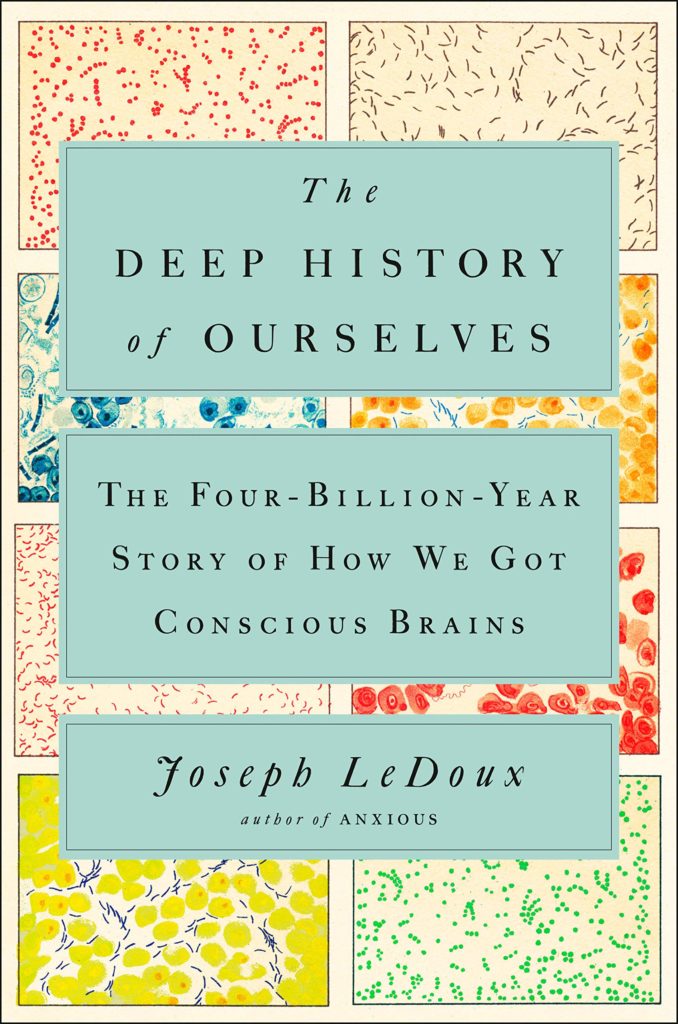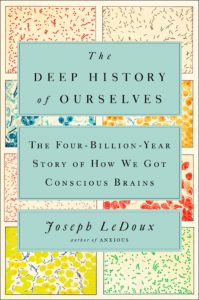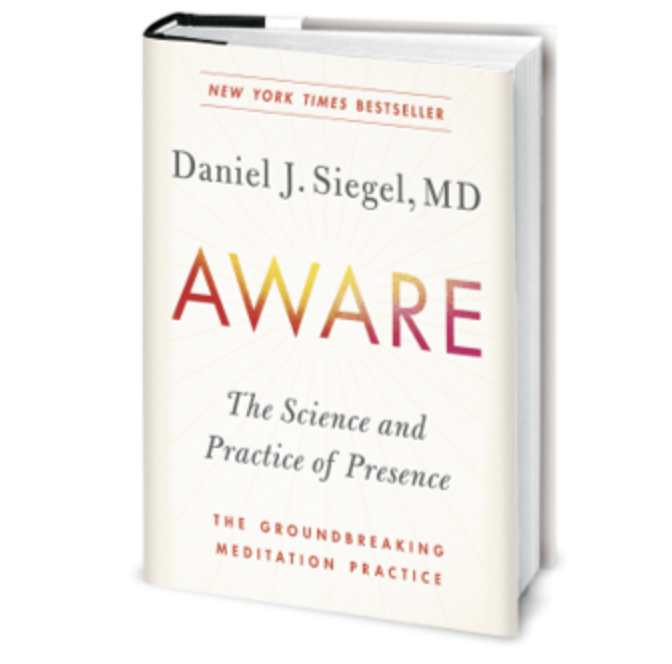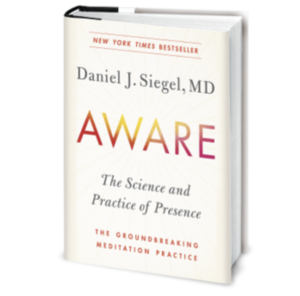How do we balance our social, collectivist nature with our individualistic drives? How do 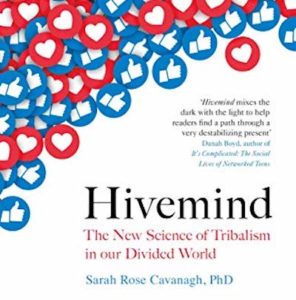
Hivemind, according to Cavanagh, refers to the extent to which we harness a collectively focused state of mind to recognize that our thoughts, feelings, and sense of reality are shaped by the collective. We are an extremely social species, and to a large extent our happiness is driven by the attention we pay to collective goals and experiences. In the debate about the appropriate role of smartphones and social media in the mental health and intellectual development of children and adults, Cavanagh urges us to consider that it may not be the screens themselves that harm us but the way that certain patterns of use may reduce our collectivist tendencies. When social media and technology help enhance existing relations with others who are not physically together or help create meaningful new relationships (especially for people with niche needs and interests) to help foster a sense of belonging in a community, social media can be beneficial. When screen time replaces time spent with other people, sleeping, or exercising, and when screens create an echo-chamber of our own beliefs, facilitate the spread of false information, or allow people to bully others while hiding behind the guise of an avatar, social media and smartphone use can be harmful. Cavanagh’s reanalysis of reports about the correlation between smartphone use and the mental health crisis in adolescents suggests that we actually do not understand this relationship well and, although fearing for our children is instinctual, we should avoid panicking about their use of technology.
Rather than debating whether current technologies are good or bad, Cavanagh argues for investing in digital literacy for young people, modeling for youth self-regulation around use of these technologies, and recognizing that many of the challenges we have attributed to social media use (e.g., bullying) are simply a new form of age-old human challenges. She suggests we identify and protect those who may be vulnerable to adverse side-effects of tech use. For example, people with ADHD or dementia may struggle with the mental task switching that is common with these technologies. (Cavanagh suggests a handful of books for further reading about tech use and who may be most vulnerable to its drawbacks. See Irresistible by Adam Alter and The Distracted Mind by Adam Gazzaley and Larry Rosen.)
The evidence for our collectivist nature and its benefits for health and well-being is strong. We are born expecting to be part of a culture. Most of what an individual knows is not the result of first-hand experience but of shared knowledge. Stories are one of the most natural ways of learning about and from other people, and gossip is one of the ways that we invest in our social relationships. From a neural perspective, we know that a special class of brain cells, “mirror neurons,” support our ability to understand and imitate others. The brain’s “default mode network” supports much of our social reflections.
To benefit from the power of the hivemind, we need to apply moderation. Too much collectivism or authoritarianism can lead to viewing other individuals as less human. Too little collectivism, which leaves individuals feeling disconnected and unsure of their identity, creates a fertile environment for cults to thrive. Cavanagh believes that we have overemphasized the individual and deemphasized the collective, to our detriment. We need to think for ourselves, dissent, and innovate, while also learning from and investing in inclusive communities. She advises listening to and learning from experts, and seeking out (fictional or real) stories from and experiences with diverse others.
Cavanagh writes with a warm and personal voice, offering insight into who she is and how she builds empathy and community. Hivemind helps readers appreciate how investing in the collective and developing healthy tech habits can help address some of the great challenges facing youth, society, and democracy.
Cavanagh, S. R. (2019). Hivemind: The new science of tribalism in our divided world. Grand Central Publishing.
 About Rebecca Gotlieb
About Rebecca Gotlieb 